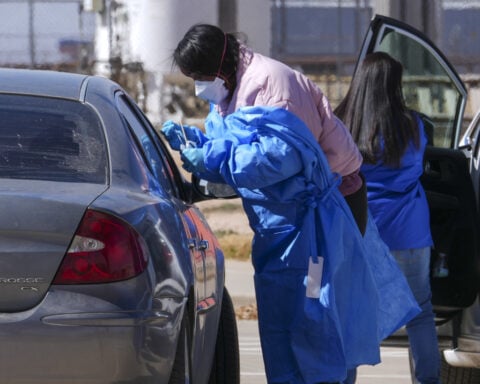Elon Musk's bold venture, Neuralink, was caught amidst a storm of controversy following the tragic demise of their test subjects - monkeys. This article delves into the grim specifics of these occurrences, calling into question the ethical practices surrounding such advanced technology experiments.
Neuralink, an Elon Musk-backed biotech business with a bold goal of developing a brain-computer interface, has been making waves in the media. If it pans out, this cutting-edge technology might radically alter the way people interact with machines and one another. But getting at such a game-changing discovery is riddled with difficulties and moral questions.
Despite the controversy surrounding Neuralink's testing procedures, Elon Musk, in a surprising move, denied any primate fatalities resulting from the company's implants. He claimed that the test subjects were terminally ill and nearing their natural death.
Contrary to Musk's claims, an investigation conducted by WIRED presented quite a different picture. The examination of public records and interviews with former Neuralink employees and researchers from the University of California, Davis primate center divulged disturbing details about the company's animal research.
Based on comprehensive veterinary records, the Physicians Committee for Responsible Medicine, a nonprofit organization, revealed that numerous monkeys subjected to Neuralink's experiments had to be euthanized due to severe complications arising from the implant procedures.
The records contained detailed accounts of the suffering endured by the primate test subjects. The monkeys exhibited symptoms such as bloody diarrhea, partial paralysis, and cerebral edema, also known as brain swelling. These were linked to complications following surgeries that involved the implantation of electrodes into their brains.
One of the monkeys, identified as "Animal 20," experienced significant distress following a surgery in December 2019. The monkey scratched at the surgical site, which led to bloody discharge and dislodgement of part of the device. Subsequent surgeries did little to alleviate the issue, and infections soon set in, leading to the euthanization of the monkey in January 2020.
The suffering of "Animal 20" was not an isolated incident. Another monkey, "Animal 15," underwent a similar ordeal. After her implant surgery, she exhibited signs of pain and infection, and her condition progressively worsened over the months. She was finally euthanized, and the postmortem report indicated severe bleeding in her brain and damage to her cerebral cortex caused by the Neuralink implants.
Despite these documented cases, Musk continued to assert that the test subjects were already terminally ill. However, a former Neuralink employee and a researcher at the University of California, Davis primate center disputed Musk's claims, calling them a "straight fabrication." They stated that the monkeys were young and in good health before the experiments.
The Physicians Committee for Responsible Medicine has requested the US Securities and Exchange Commission (SEC) to investigate Musk's claims, alleging potential securities fraud. If the SEC decides to investigate, it would mark the third federal probe linked to Neuralink's animal testing, following investigations by the US Department of Agriculture's Office of Inspector General and the US Department of Transportation.
The controversy surrounding Neuralink's animal testing raises critical questions about the ethical implications of advanced technological experiments. We must keep our moral bearings as we march confidently into a future where distinctions between people and robots are more blurred. The story of the monkeys at Neuralink is a sobering illustration of the price of unbridled ambition and the urgent need for robust safeguards in scientific endeavors.

 Trump has begun another trade war. Here's a timeline of how we got here
Trump has begun another trade war. Here's a timeline of how we got here
 Canada's leader laments lost friendship with US in town that sheltered stranded Americans after 9/11
Canada's leader laments lost friendship with US in town that sheltered stranded Americans after 9/11
 Chinese EV giant BYD's fourth-quarter profit leaps 73%
Chinese EV giant BYD's fourth-quarter profit leaps 73%
 You're an American in another land? Prepare to talk about the why and how of Trump 2.0
You're an American in another land? Prepare to talk about the why and how of Trump 2.0
 Chalk talk: Star power, top teams and No. 5 seeds headline the women's March Madness Sweet 16
Chalk talk: Star power, top teams and No. 5 seeds headline the women's March Madness Sweet 16
 Purdue returns to Sweet 16 with 76-62 win over McNeese in March Madness
Purdue returns to Sweet 16 with 76-62 win over McNeese in March Madness








